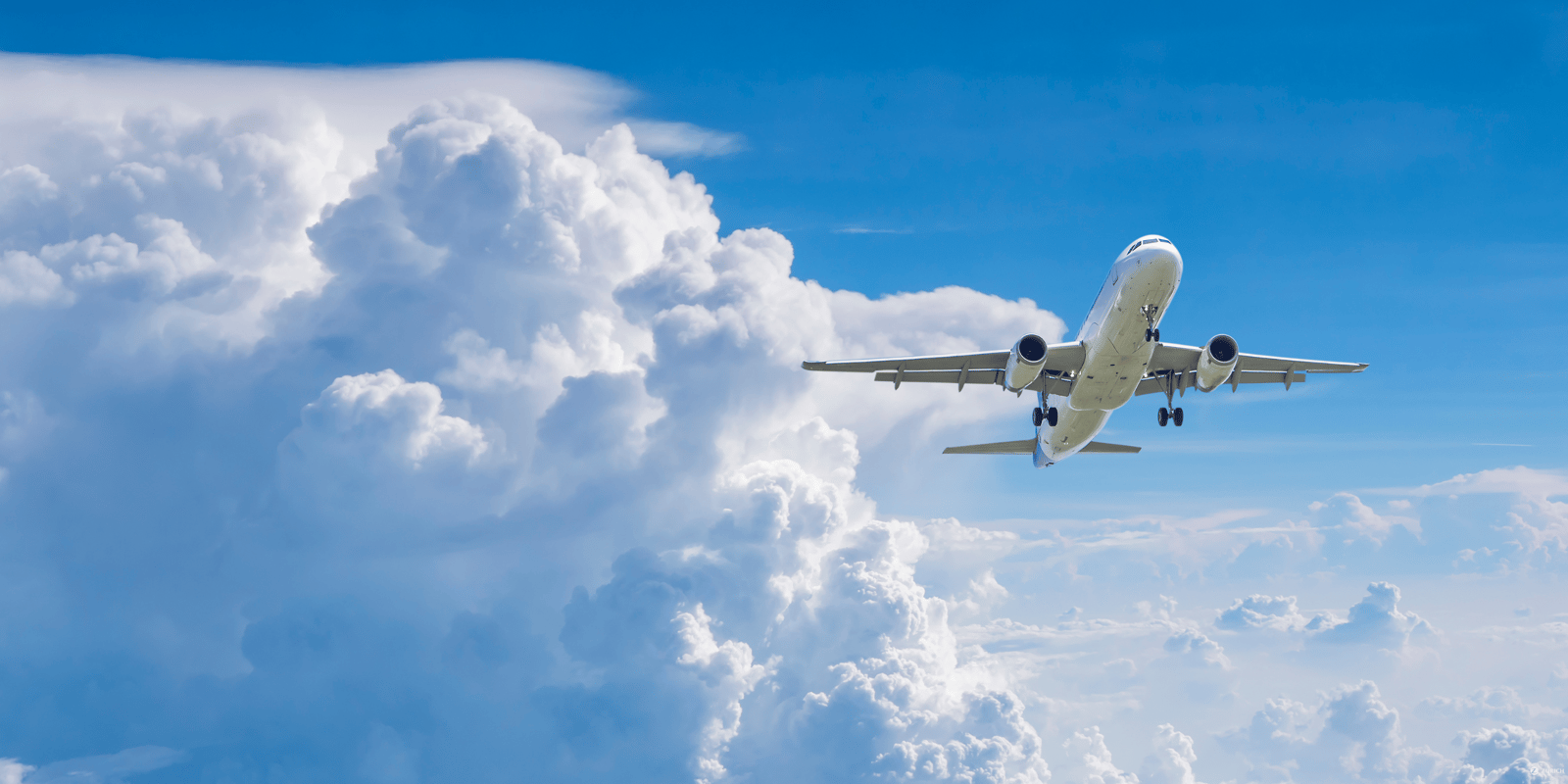Travel inflation – is your insurance covering the skyrocketing airline prices?
ArticleMay 14, 2024
Interest in traveling has surged, particularly as consumers eagerly plan their summer vacations. However, the aftermath of the pandemic has brought about fewer flights, a shortage of airline and airport workers, skyrocketing fuel costs, and geopolitical uncertainties affecting the global economy. These factors have collectively created a 'perfect storm', driving travel costs to unprecedented levels. In this article Zurich Nordic's Sofié Vinblad, Underwriter Accident & Health, shares why securing adequate travel insurance coverage has become more crucial than ever.
Between 2019 and 2024, inflation caused a cumulative price increase of 22,17 percent. However, the cost of airline tickets increased at a much faster rate during this period. In 2022 alone, the average cost of airline tickets rose by 30,2 percent.
According to Statistics Sweden, in April 2023, the consumer price index for international travel was at its highest since measurements started 30 years back. Consumer price index for holiday package travel, which has been recorded since 1989, also hit a high point. Today, many travelers going to the world's most frequented routes are still confronted with prices that are significantly higher than those in 2019.
Revenge Travel
The airline business was hit hard during the pandemic and travelers are still seeing the effects of it. One reason is the increased operational costs for airlines due to post-pandemic changing in travel patterns. As airlines adjusted to the “new normal” by cutting flights, revamping networks, and increasing passenger capacity, these changes led to increased operating costs and affected revenue.
Another reason is the flight shortage that drives up prices. More people are shopping for fewer flights, which means airlines can charge more. After enduring lockdowns that made international travel nearly impossible, many consumers have an almost newfound taste for travel. This has led to a trend where countless people are travelling for a longer period of time and more frequently – a phenomenon called revenge travel.
Peak in interest
Persistent inflation and higher interest rates have strained many household budgets, and consumers are shying away from some purchases such as home improvement projects or apparel. But hundreds and thousands of Nordic consumers aren’t giving up on their vacations.
Business travelers are considered to be more financially stable passengers, thus the number of trips at travel management agencies are also peaking despite global inflation and a potential looming recession, among other macroeconomic factors. Business professionals have started to put more trips on their itineraries, regardless of the cost.
Also trending is “bleisure” travel – a term used to describe business mixed with leisure travels. It’s experiencing a major upswing and may be on track to take over traditional business travel as more companies are offering this type of travel as a benefit.
Travel agencies across the Nordics say they are witnessing a reluctance to give up vacation plans or business opportunities no matter what the economy will look like.
Union of change
Recently the European Union decided upon amendments to the EU emission trading system (EU ETS) for aviation. Air carriers operating within the EU are already required to submit permits covering their carbon dioxide emissions. However, these permits have been issued at zero charge up until now.
In addition, the European Union decided upon the RefuelEU aviation initiative with the main objectives being an increase in both demand and supply of sustainable aviation fuels (SAF). Fuel suppliers must ensure that 2 percent of fuel made available at EU airports is SAF in 2025, gradually increasing to 70 percent in 2050. For now, these fuels are produced in tiny quantities and are far more expensive than conventional aviation fuels.
New world
The design of our transportation infrastructure was based on the climate of the mid-20th century. As climate change continues to warm the planet and make weather more extreme, much of that infrastructure will become less safe and reliable.
Climate change has the potential to disrupt air travel in a variety of ways. Change in temperatures may hinder airplane takeoffs or even prevent them. Higher temperatures make air less dense, so planes need to generate more lift by going faster to take off. In some cases, they might not have enough runway to achieve the necessary speed. All new planes are tested to ensure that they can endure extreme heat and cold, but if airplanes are not certified for the most extreme cold, flights can be cancelled.
If the operation of any airport is disrupted due to climate change impacts, delays and cancellations can ripple across the entire network, especially if the affected airport is a hub.
The importance of having adequate travel insurance
Expensive flights and increased cancellation risk should always be within the modern individual travelers mindset. Make sure you have reliable insurance cover that is up to date with the travel risks of today.
Zurich’s top-of-the-line Business Travel Insurance provides coverage to ensure the policy holders’ digital duty of care towards their employees. We cover necessary and reasonable expenses that arise in connection to cancellations and more. For more information, please contact the Zurich Nordic Accident & Health team at nordic.ah.uw@zurich.com
